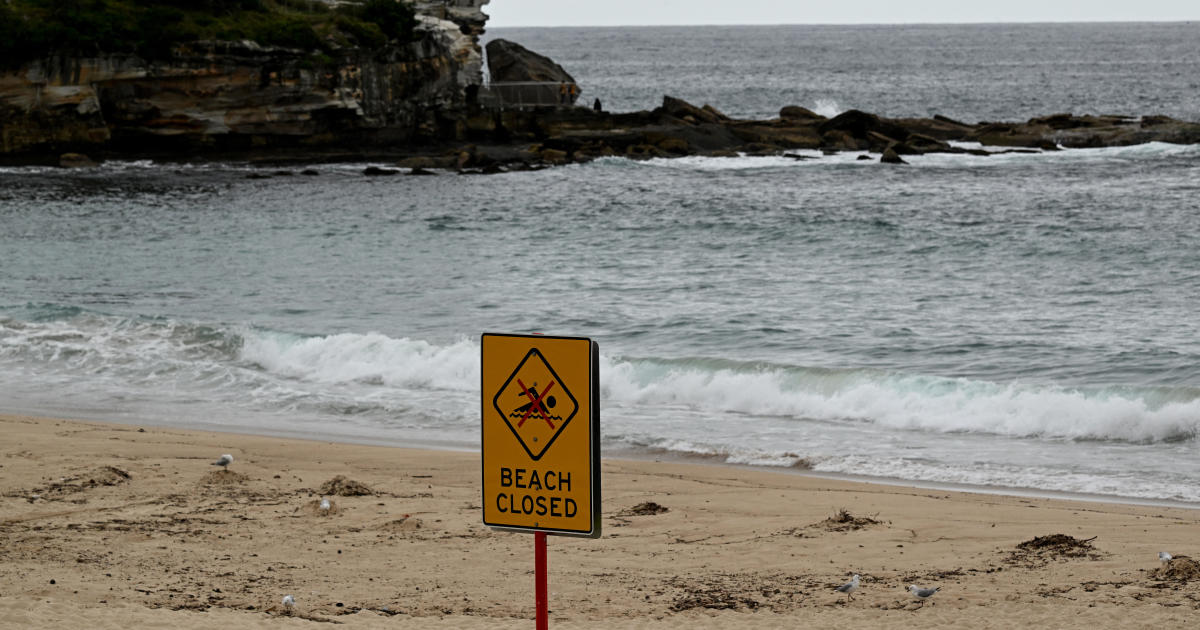Tropical Storm Shanshan slowly made its way into central Japan Saturday, halting trains and leaving underground passages brimming with water as officials warned of torrential rains in major cities, including Osaka and Tokyo.
The storm, packing winds of up to 40 miles per hour, crawled past the southwestern island of Shikoku and was traveling over the southern part of the main Honshu island at a speed of 9 mph by late afternoon. It was forecast to affect parts of Japan through Sunday and Monday, although its exact route was uncertain, the Japan Meteorological Agency said.
Initially categorized as a typhoon, Shanshan made landfall Thursday. It has since weakened, but its slow movement means intense rainfall lasts for long periods in a relatively large area.
It has caused at least six storm-related deaths and dozens of injuries since it began dumping rain on Japan Wednesday, according to public broadcaster NHK which compiles tallies from local governments. One person was swept by a river, another crushed by a fallen roof, a man was slammed onto the road by a blast of wind in southwestern Japan and three others were killed in a mudslide, it reported.
The public broadcaster also said a man who went out on a boat was missing and 127 people were injured.
Damage from the heavy rainfall hit a wide area, including more than 600 miles away from the center of the storm. News footage showed overflooded rivers and cars immersed in muddied waters in Kanagawa Prefecture, southwest of Tokyo, even when the storm was technically still in southwestern Kyushu.
The meteorological agency issued heavy rainfall and mudslide warnings in Aomori, in northeastern Japan, for Saturday evening. The local government of Suginami ward in Tokyo warned residents in risk areas to be ready to evacuate in case of mudslides.
Dozens of flights were canceled and airlines scheduled alternate flights for stranded passengers. In southwestern Japan, the storm left a broken bridge, as well as layers of mud and branches strewn on roads.
The Tokaido bullet train was halted between Nagoya and Mishima, the area projected to be most affected by the storm. Other local trains were running on delayed schedules.




